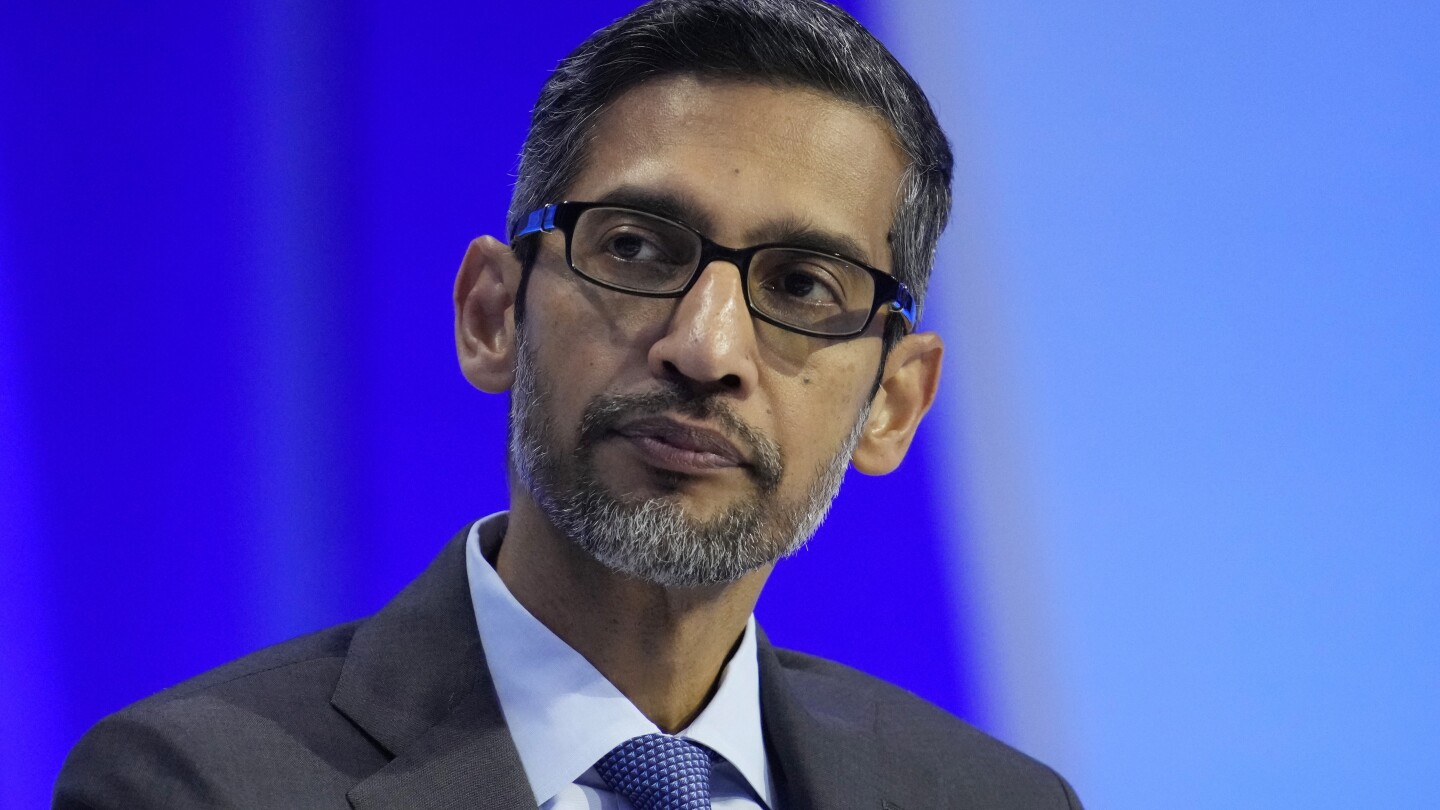The unanimous verdict reached Monday came after just three hours of deliberation following a four-week trial revolving around a lucrative payment system within Google’s Play store. The store is the main place where hundreds of millions of people around the world download and install apps that work on smartphones powered by Google’s Android software.
Epic Games, the maker of the popular Fortnite video game, filed a lawsuit against Google three years ago, alleging that the internet powerhouse has been abusing its power to shield its Play Store from competition in order to protect a gold mine that makes billions of dollars annually. Just as Apple does for its iPhone app store, Google collects a commission ranging from 15% to 30% on digital transactions completed within apps.
Apple prevailed in a similar case that Epic brought against the iPhone app store, but the 2021 trial was decided by a federal judge in a ruling that is under appeal at the U.S. Supreme Court.
But the nine-person jury in the Play store case apparently saw things through a different lens, even though Google technically allows Android apps to be downloaded from different stores — an option that Apple prohibits on the iPhone.
Just before the Play store trial started, Google sought to avoid having a jury determine the outcome, only to have its request rejected by U.S. District Judge James Donato. Now it will be up to Donato to determine what steps Google will have to take to unwind its illegal behavior in the Play Store. The judge indicated he will hold hearings on the issue during the second week of January.



Many people have f-droid installed. And you can freely download Android apps from the internet and install them. Where is the anticompetitive behavior?
Fact 1: virtually all Android users use the Play Store because it’s the default.
Fact 2: the fact that it is the default store gives it a huge advantage in terms of network effect. If you want to have a viable commercial app it needs to be on the Play Store.
Fact 3: Google forbids apps from charging extra for sales if the app was installed through the app store
Fact 4: between being the default, all the apps being available there, and all the negative effects of Google’s practices being shifted to the app developers, the average user has no reason to use 3rd party stores.
Fact 5: Google uses the leverage it gained from the previous points to force everyone selling through the Play Store to pay a commission on their sales. Which is a cost I remind, they cannot pass to the users.
Google’s fault is mainly on facts 4, which is the linchpin to protect the monopoly, and 5, which is where they are abusing their effective monopoly. I could also add fact 6 which is the fact that for years Google made third party stores have a far worse user experience than the play store which helped solidifying it’s position, but that is mostly fixed with the session installer.
The percentage of people who have fdroid installed is tiny
What was Google supposed to have done about that?
Let user chose a store when they first start Android? Similar to the choice of internet browser on Windows.
You think that would actually lead to a significant number of people choosing a different app store?
It does not matter, that’s irrelevant to the lawsuit. Google is not being asked to tank its own software. It is only required to provide freedom and informed choice to users, overcoming the anticompetitive advantage it gives itself by not giving users the informed choice to pick their preferred applications store.
Don’t be a monopolist
That’s not an answer.
It really is. Especially given that’s the entire point of this thread